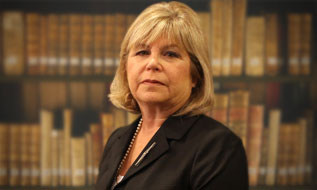People often ask, “Why mediation?” The answer is that mediation is intended, and designed, to create an atmosphere where two or more parties can come together in a safe, comfortable, and confidential environment to resolve their conflict and at the same time maintain a more amicable relationship with one another.
Mediation is a non-adversarial process, and no party to the mediation is required to accept any particular result nor will any party be found to blame for the dispute. So, although many parties who initiate mediation begin in an emotionally charged state, the mediator works to bring all parties together by removing emotion, providing counseling about options, and helping everyone involved achieve the best possible outcome. With the help and guidance of the mediation, who is an experienced and knowledgeable third party, familiar with litigation, but neutral in the mediation process, mediation offers those involved a way to come to an agreement without having to set foot in a courtroom. This process also allows the parties to maintain total control over the situation and provides the added benefit of almost always reaching a resolution faster and cheaper than it would be reached in litigation.
Unlike litigation, which can be expensive and quickly turn hostile, the process of mediation creates an atmosphere in which both parties can work together to resolve their conflict while trying to maintain a somewhat amicable relationship with one another. Mediation also allows the parties to determine the ultimate outcome, rather than leaving the final resolution up to a judge. Because of this, and because mediation is a process and not a legal proceeding, mediation can almost always resolve disputes much more quickly and inexpensively than litigation.
Meet Our Mediation Attorneys
Rory C. Godowsky
Delaware Mediation Attorney

Samantha E. Cole
Pennsylvania Mediation Attorney

